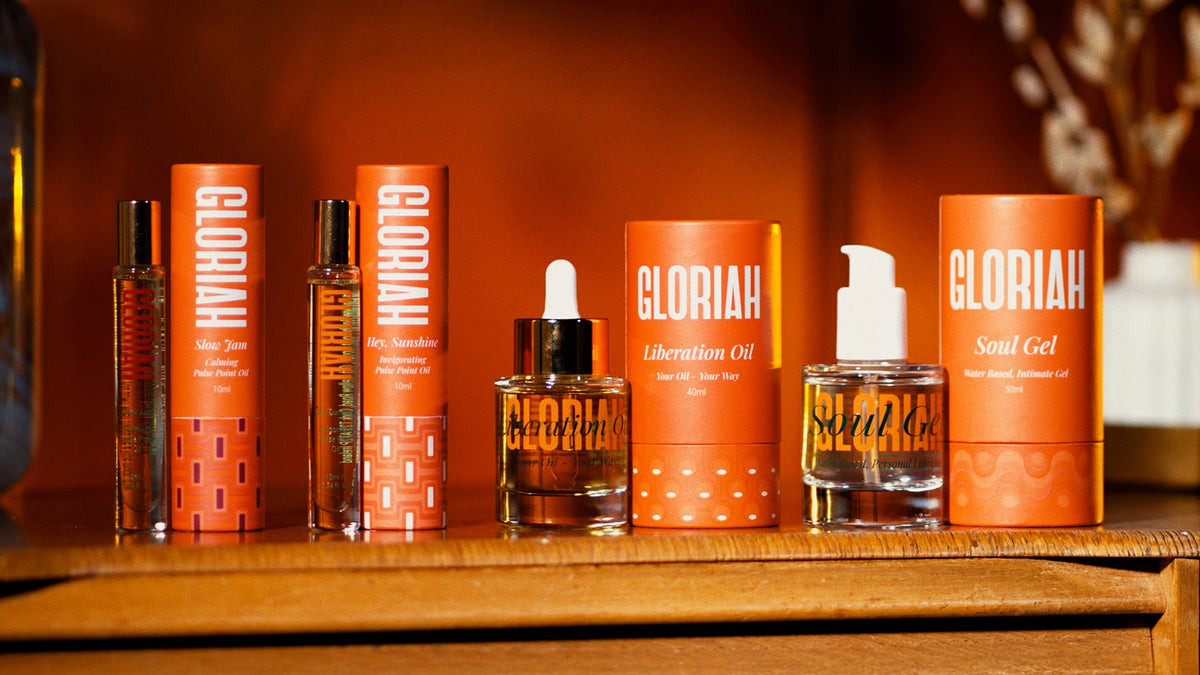
Understanding Vaginal Dryness
|
|
Time to read 1 min
|
|
Time to read 1 min
Key figures
Around 50% of women experience vaginal dryness during menopause (North American Menopause Society).
Despite how common it is, only 20–25% of women with vaginal dryness seek medical help (British Menopause Society).
Vaginal dryness can affect women at different stages — up to 17% of women aged 18–50 report experiencing it (study in Obstetrics & Gynecology).
Among breast cancer survivors, up to 70% experience vaginal dryness due to hormone-suppressing treatments (Journal of Clinical Oncology).
Vaginal dryness is one of the most frequently reported symptoms of Genitourinary Syndrome of Menopause (GSM), which affects an estimated 50–70% of postmenopausal women.
Simply put, vaginal dryness means there isn’t enough natural lubrication to keep the vaginal tissue comfortable. For some people, this shows up as itching, irritation, or discomfort during sex. For others, it’s a constant dryness that affects daily life.
The most common reason is hormonal change. During menopause and perimenopause, estrogen levels naturally drop. Estrogen helps keep the vaginal tissue thick, elastic, and lubricated — so when it decreases, dryness can set in.
But hormones aren’t the only factor. Vaginal dryness can also be linked to:
Breastfeeding or postpartum changes
Certain medications (like antidepressants, allergy meds, or cancer treatments)
Stress and fatigue
Health conditions such as diabetes or autoimmune issues
Vaginal dryness isn’t just about discomfort in the bedroom. Left unaddressed, it can lead to ongoing irritation, urinary problems, or even small tears in the vaginal tissue. Most importantly, it can affect confidence, relationships, and overall wellbeing.
What can help?
The good news? There are lots of ways to manage dryness:
Lubricants: Water-based or silicone-based lubricants provide instant relief during sex.
Moisturisers and oils: Designed for regular use, they help maintain hydration and comfort day to day.
Lifestyle shifts: Reducing stress, staying hydrated, and regular exercise can support circulation and hormone balance.
Medical support: For some, local oestrogen therapy or HRT may be a suitable option — a GP or specialist can guide you.
Vaginal dryness is nothing to be embarrassed about. It’s a natural health change, and support is out there — from medical treatments to natural products designed with menopausal and hormonal health in mind. By opening up the conversation, we take away the stigma and give more people the confidence to get the help they deserve.
